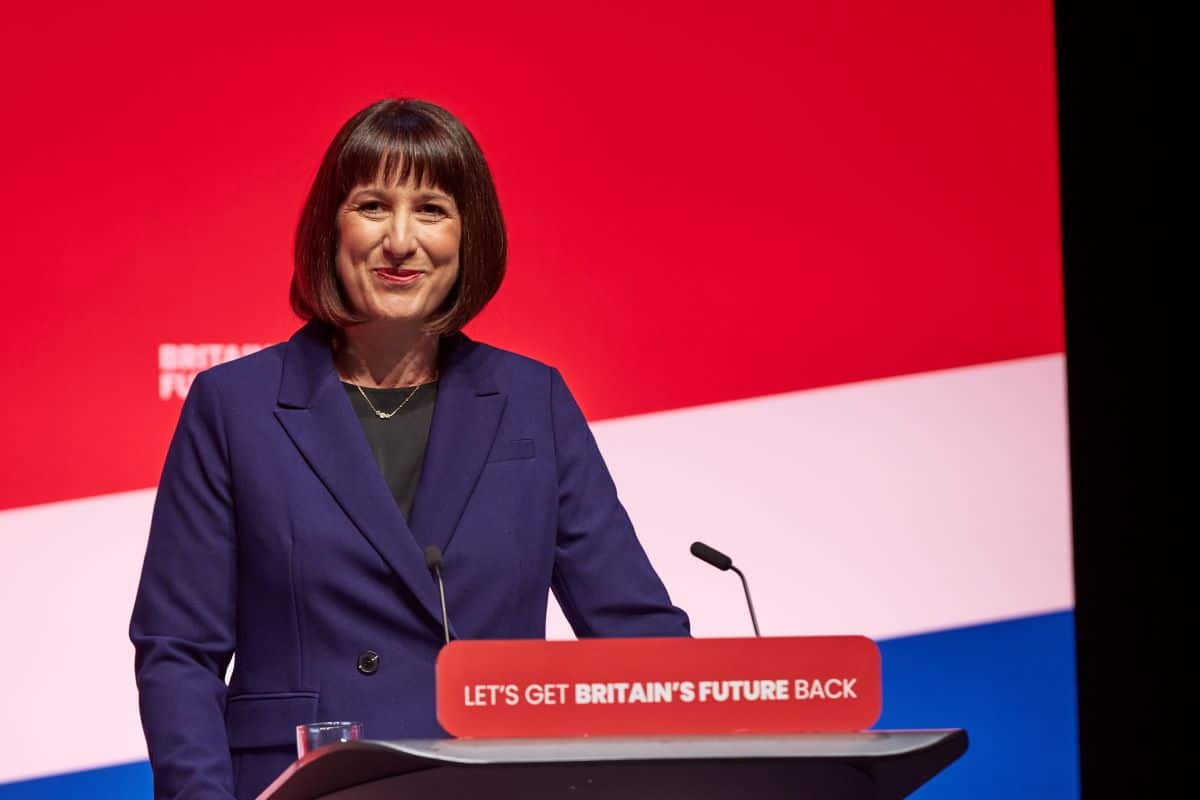Chancellor Rachel Reeves is poised to deliver her first Budget with a plan to ease the lives of millions of British workers by raising the minimum wage. Here’s the full story.
Minimum Wage Increase
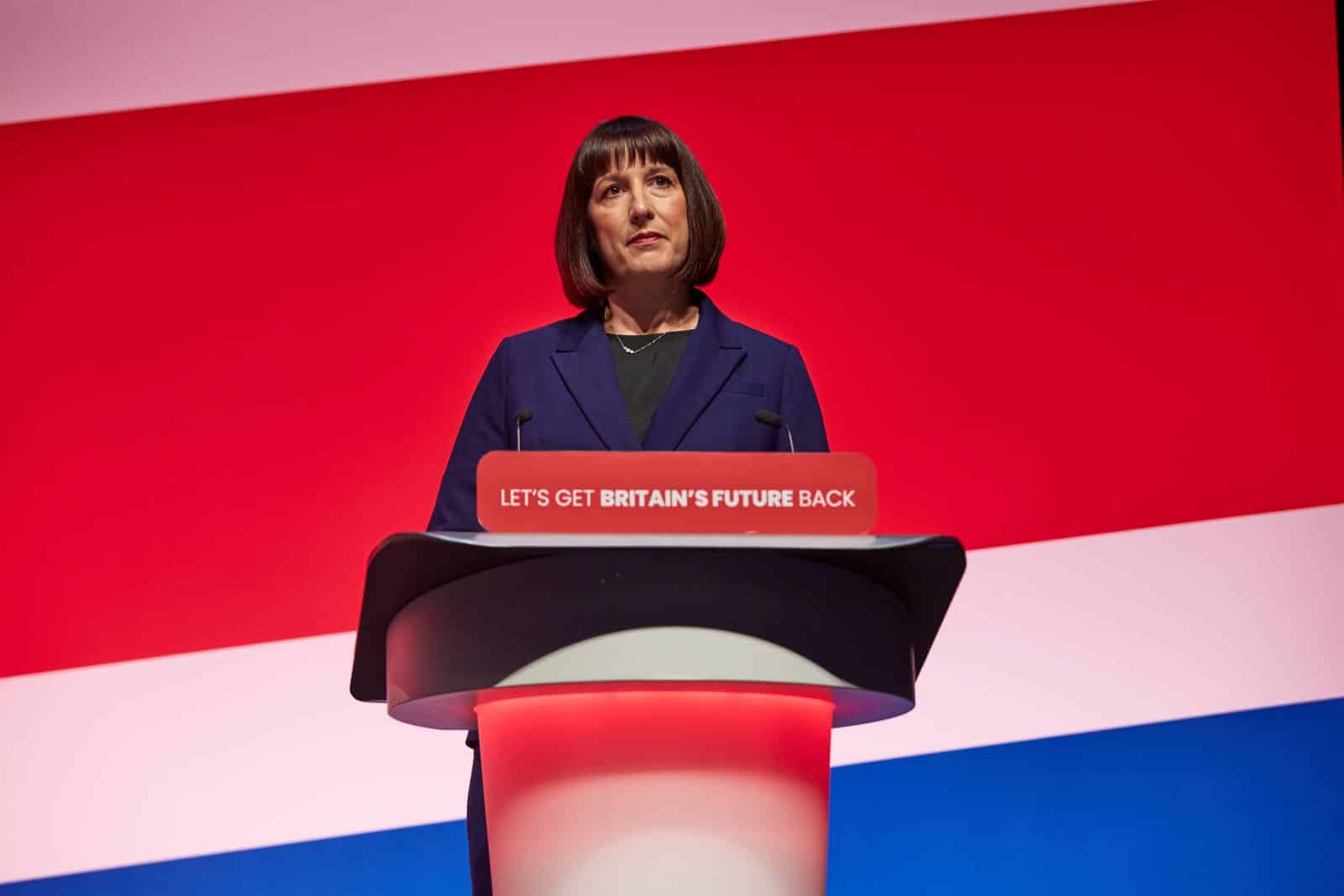
Rachel Reeves, the UK’s first female Chancellor of the Exchequer, is reportedly considering an increase in the national minimum wage as part of her first Budget, which is expected at the end of October, alongside a broader financial strategy aimed at addressing the legion of economic challenges facing the country.
Inflation-Busting Wage Hike

As reported by the Telegraph, Reeves is likely to announce a minimum wage increase that exceeds the inflation rate, alongside a series of spending cuts and tax increases designed to address the £22 billion black hole the Chancellor has accused the former Conservative government of leaving in the public budget.
Cautious Optimism for Workers

However, workers on the minimum wage should not start celebrating prematurely. The Low Pay Commission, an independent body that advises the government on how much the minimum wage should increase, has recommended a 3.9% increase.
Modest Pay Increase

This would see the minimum wage rise from the current £11.44 an hour to the dizzying heights of £11.89 an hour, which will undoubtedly be a massive relief to the millions of workers who receive the least amount of money employers are legally allowed to pay them.
Smaller Increase Than Expected

Despite being higher than the current rate of inflation forecast by the Office for Budget Responsibility (OBR), which will reportedly be 1.5% next year, and the nation’s average earnings growth rate of 2%, this increase is markedly lower than those seen in recent years.
Business Backlash
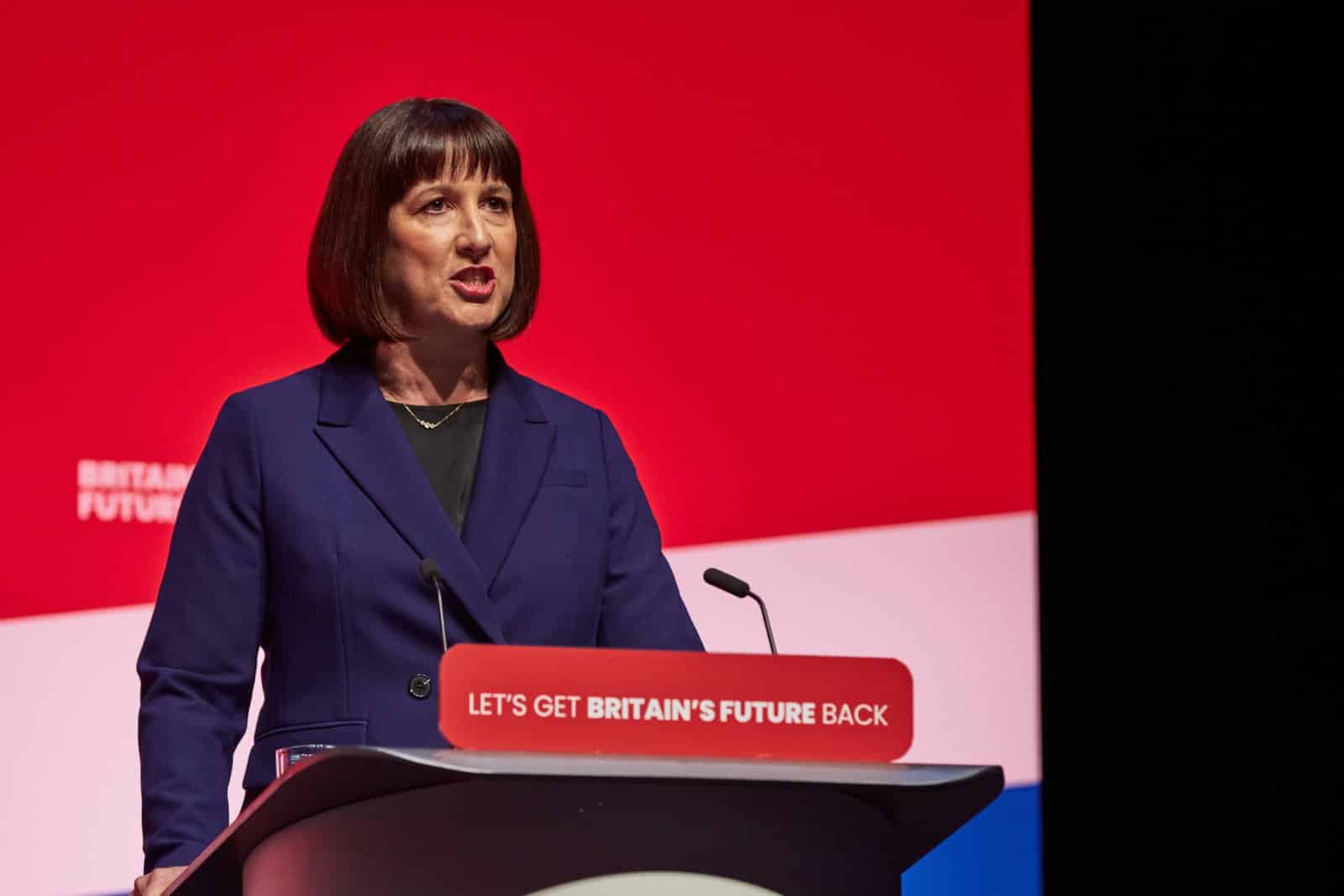
However, despite the increase of a measly 45p an hour, Reeves’s decision to increase the minimum wage has been met with howls of outrage from Conservative supporting papers like The Telegraph, which reported that businesses, particularly smaller firms, that rely on low-wage labour will face increased payroll costs.
Relief for Low-Paid Workers

Despite the pressure that smaller businesses may feel, the projected increase, no matter how small, would undoubtedly be welcomed by the country’s low-paid workers.
Living Wage Foundation Stats
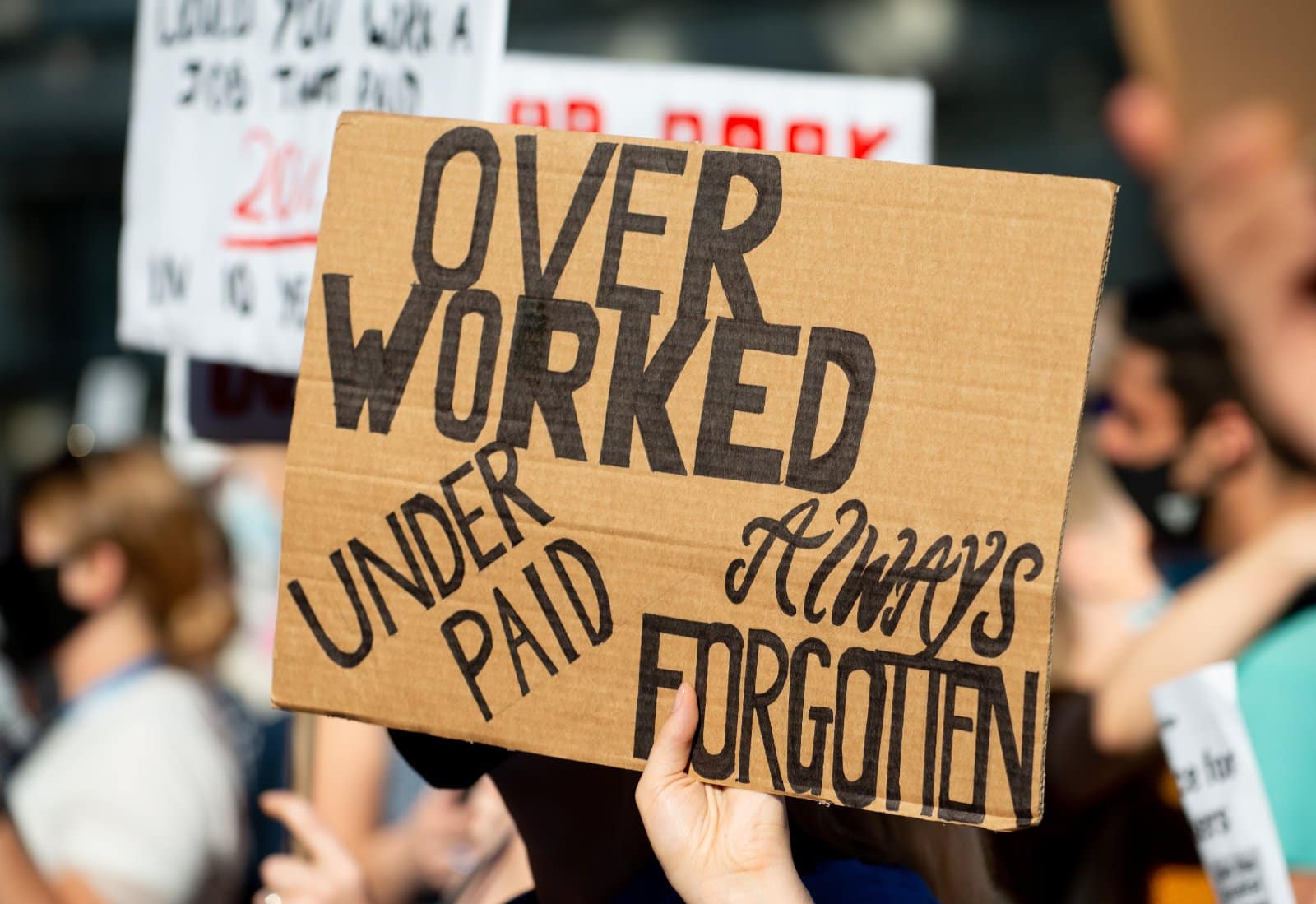
The Living Wage Foundation, a campaign group that advocates for fairer pay rates, estimates there are 2.7 million low-paid UK workers in the UK.
April 2024 Wage Increase

The national minimum wage last increased in April 2024, rising £1.02 from £10.42 to £11.44 an hour. However, the Living Wage Foundation argued that the increase was insufficient at the time.
Living Wage Shortfall
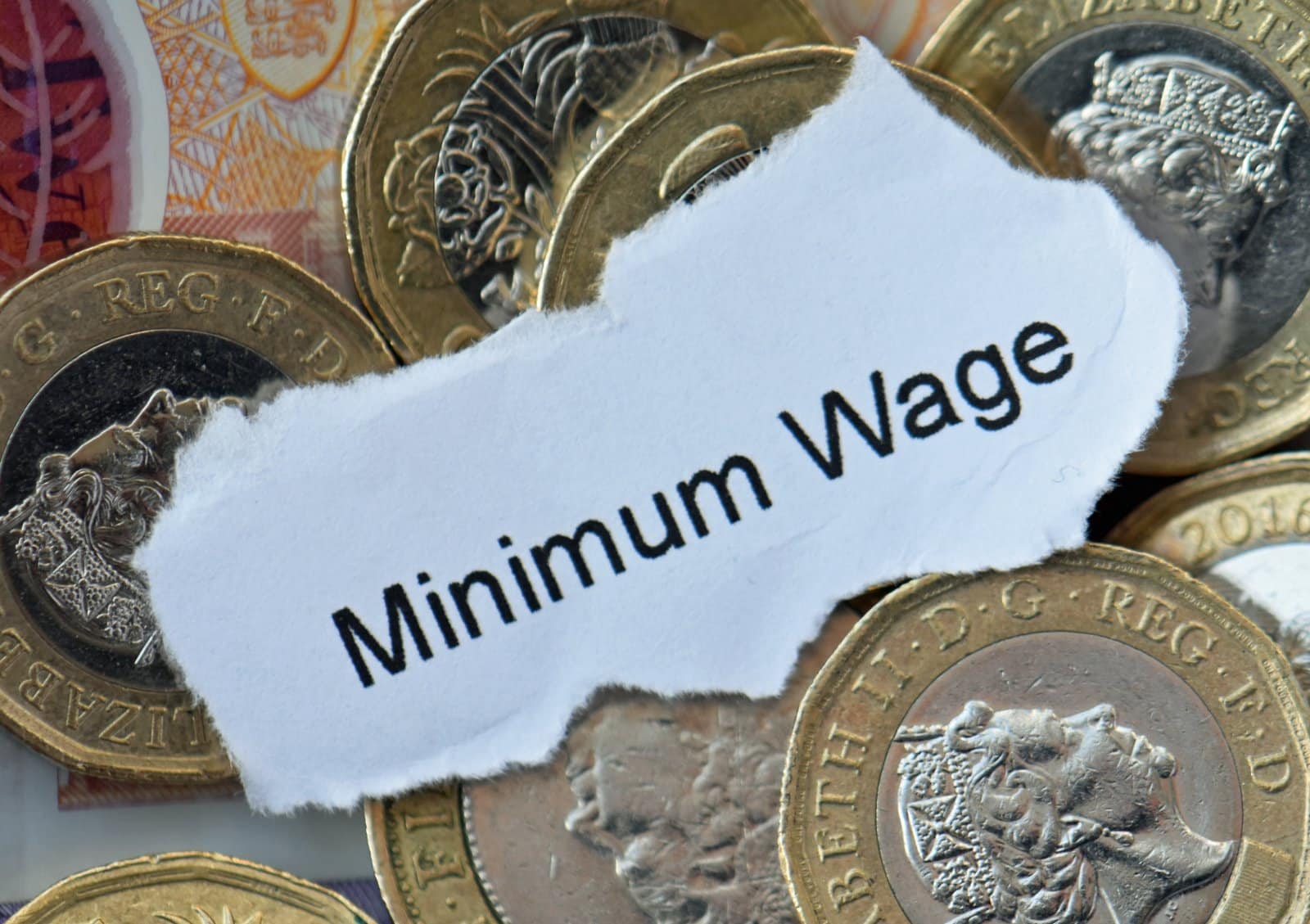
Campaigners argued that April’s increase in the minimum wage fell £1,092 short of what is considered an actual living wage, which the Living Wage Foundation argues is the amount of money required to enjoy a decent standard of living.
“Still Falls Short”

At the time, Katherine Chapman, director of the Living Wage Foundation, told the Big Issue: “The rise in the statutory national living wage is welcome news for the 3.7 million low-paid workers across the country, but this still falls short of a wage which takes into account the real cost of living.”
Welfare Payments and Pensions

In addition to the minimum wage, Chancellor Reeves will need to make critical decisions regarding the uprating of welfare payments and the state pension.
Legal Obligation on Benefits

Under the law, the Work and Pensions Secretary must review and announce annual benefits adjustments, with a minimum increase tied to the inflation rate.
Welfare Bill Impact

With the OBR projecting a 1.6% inflation rate for September, independent analysts estimate this could add £2 billion to the welfare bill.
Pension Triple Lock Commitment

Additionally, Reeves is expected to uphold Labour’s commitment to the state pension triple lock, which would increase pensions by the highest inflation rate, average earnings, or 2.5%.
Pensioners’ Potential Pay Rise

Current figures suggest that pensioners could see a substantial payment rise, driven by a 5.7% wage increase from May to July 2024.
Capital Gains and Inheritance Tax
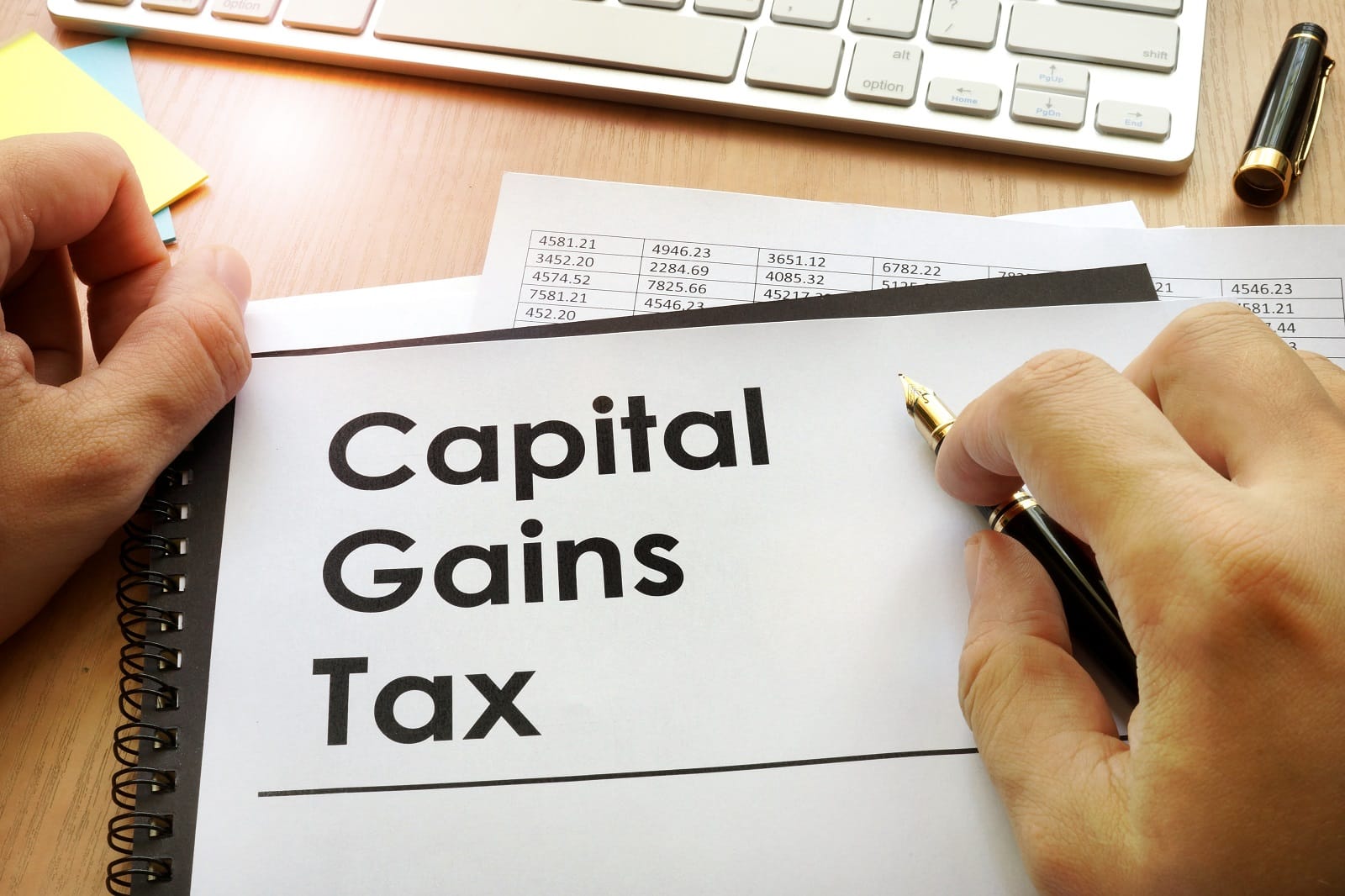
There is also widespread speculation that Reeves may increase capital gains tax, the tax on profits gained when an asset, such as stocks, is sold. Similarly, speculation is rife that Reeves may also implement changes to inheritance tax.
Pushback Expected

Though such increases are likely to face significant pushback from the Conservative Party, wealthy individuals, and businesses, who argue that such measures stifle investment and economic growth, they could generate significant revenue for the Treasury.
Budget Looms Large

With the Budget fast approaching, Chancellor Rachel Reeves’ every move will be closely monitored for hints as to her plans to tackle the disastrous economic inheritance left to the Labour government by the Conservatives.
Uncertain Fiscal Future
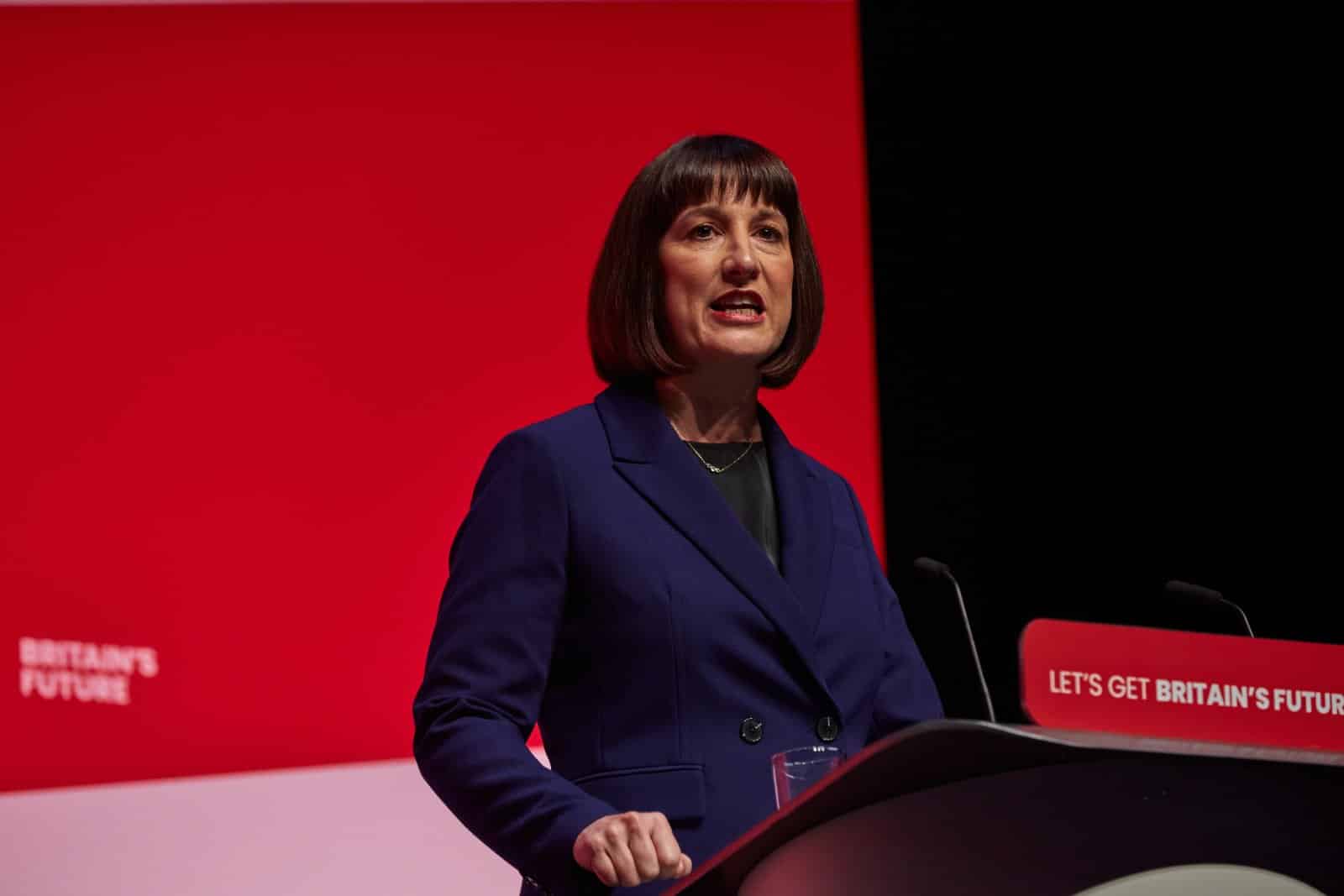
Though the increase in the national minimum wage is likely to be gratefully received by many low-wage workers who have struggled during the cost of living crisis and sky-high inflation of the past few years, it remains to be seen what other decisions Reeves will make to tackle the country’s considerable fiscal challenges.
Featured Image Credit: Shutterstock / Martin Suker.
The images used are for illustrative purposes only and may not represent the actual people or places mentioned in the article.

